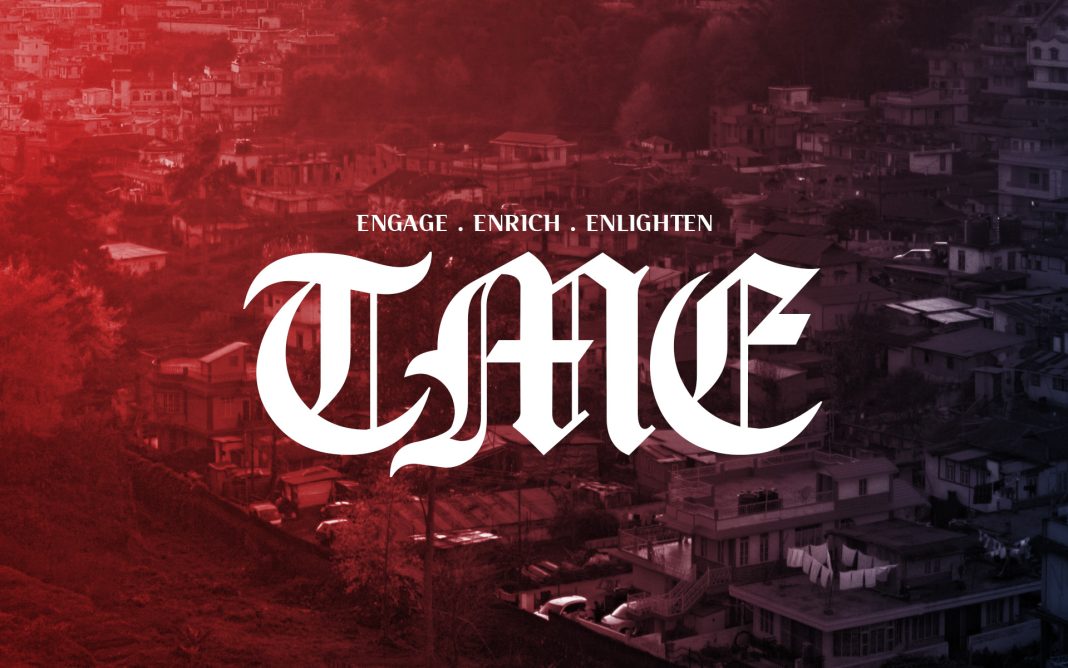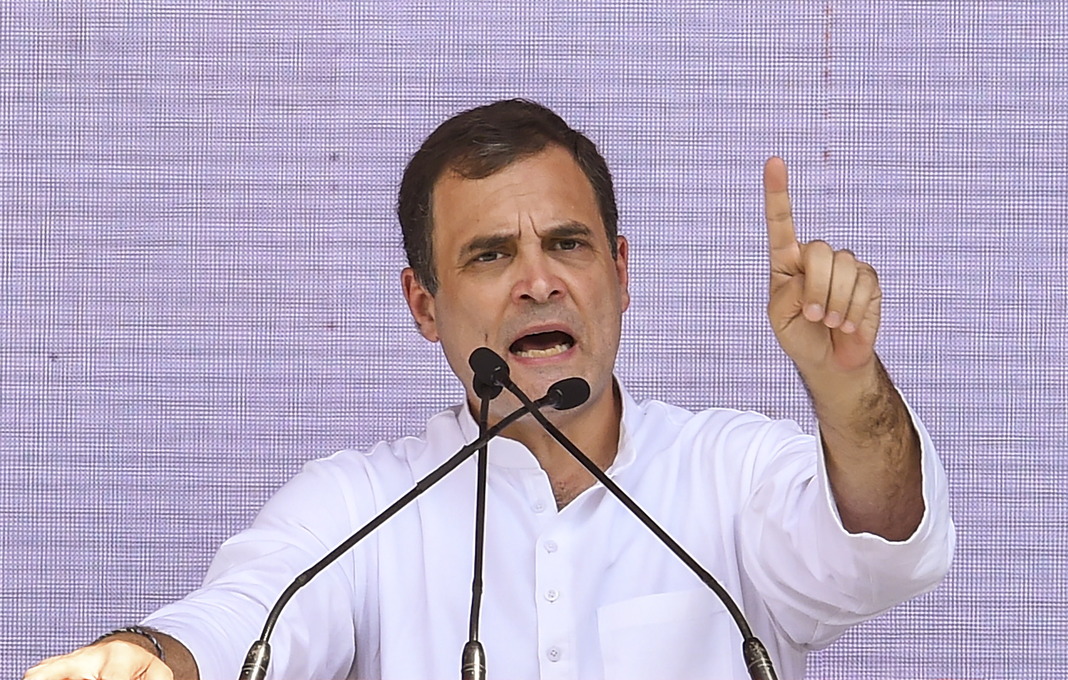Bengaluru, Oct 28: The Karnataka cabinet on Monday gave its consent for providing internal reservation among Scheduled Castes (SC) and decided to constitute a commission that will be tasked with collecting empirical data.
The commission will be constituted under a retired High Court judge, Law and Parliamentary Affairs Minister H K Patil told reporters after the Cabinet meeting.
“Regarding providing internal reservation among SC there were demands, discussions and thinking, in Karnataka. In the wake of the Supreme Court’s recent verdict regarding internal reservation among SCs, the cabinet today gave its approval to provide internal reservation among SCs,” Patil said.
“…. after obtaining the data, it has been decided to decide on the next course of action. The government will ask the committee to submit the report in three months,” he said.
Patil said the cabinet also decided to postpone all upcoming recruitments for at least three months until the commission submits its report.
“From today if any recruitment is to be notified, that process will not take place, it will only start after the commission submits its report,” he said.
A section of Scheduled Castes has been demanding internal reservation alleging that only a few influential sub-castes were taking away a majority of the benefits while many communities were still marginalised.
Just ahead of the Assembly polls, the previous BJP government’s cabinet had taken a decision on internal reservation, by recommending to the central government a six per cent internal quota for SC (Left), 5.5 per cent for SC (Right), 4.5 per cent for “touchables” (Banjara, Bhovi, Korcha, Kuruma etc) and one per cent for others.
In a landmark verdict, the Supreme Court on August 1 held that states are constitutionally empowered to make sub-classifications within the Scheduled Castes, which form a socially heterogeneous class, for granting reservation for the uplift of castes that are socially and educationally more backward.
A seven-judge constitution bench headed by Chief Justice D Y Chandrachud, by a majority of 6:1, set aside the apex court’s five-judge bench verdict of 2004 in the EV Chinnaiah vs State of Andhra Pradesh case which had held that no sub-classification of Scheduled Castes (SCs) can be allowed as they are a homogeneous class in themselves.
Interestingly, the cabinet briefing was attended by Congress’ Dalit Ministers belonging to various SC groups, including Right and Left.
Noting that the Justice A J Sadashiva Commission report on internal reservation was rejected by the BJP government in 2022, Social Welfare Minister H C Mahadevappa said the then cabinet sub-committee headed by then Law Minister J C Madhuswamy had recommended internal reservation figures to the centre, and Congress too after coming to power had recommended for internal reservation.
“Now in the wake of the supreme court orders, we have decided to do it (provide internal reservation among SCs), all sections of SCs are in favour of internal reservation, but they have said do it by gathering empirical data….so we have decided to form the commission and give them the responsibility, similar commission has been formed by Telangana government. Congress government is committed for internal reservation as per Supreme Court order,” he said.
The Justice A J Sadashiva Inquiry Commission, which looked into methods of equitable distribution of reservation facilities among SCs has, in its report submitted to the government in 2012, recommended internal reservation among the castes by broadly reclassifying all the 101 castes into four groups (Right, Left, Touchables and other SCs).
The Commission recommended giving 6 per cent reservation for SC (Left), 5 per cent for SC (Right), 3 per cent for touchables (Lambani, Bhovi, Korama, Koracha) and one per cent for others.
Rejecting any difference among Ministers from various groups of SCs on providing internal reservation, Minister K H Muniyappa said the entire cabinet was unanimous in its decision.
Minister Priyank Kharge said empirical data should be exhaustive ethnographically, qualitative and quantitative, and the government will give terms of reference to the commission that will be formed. (PTI)




